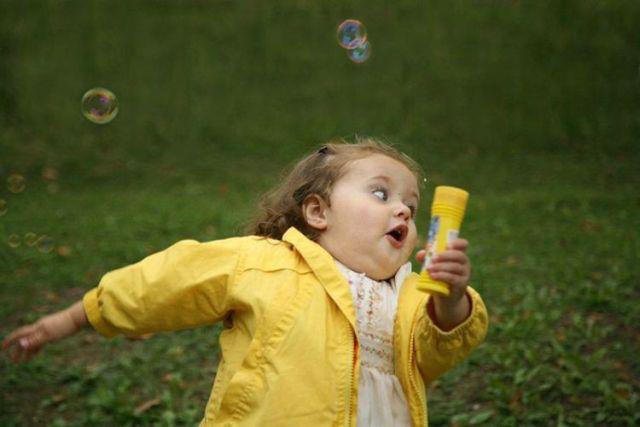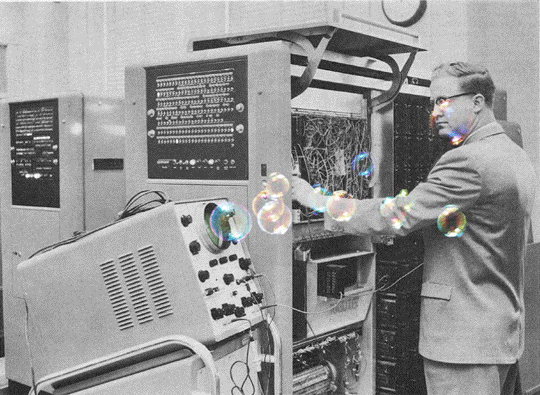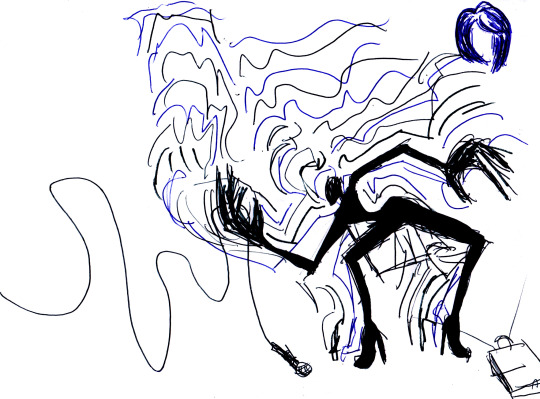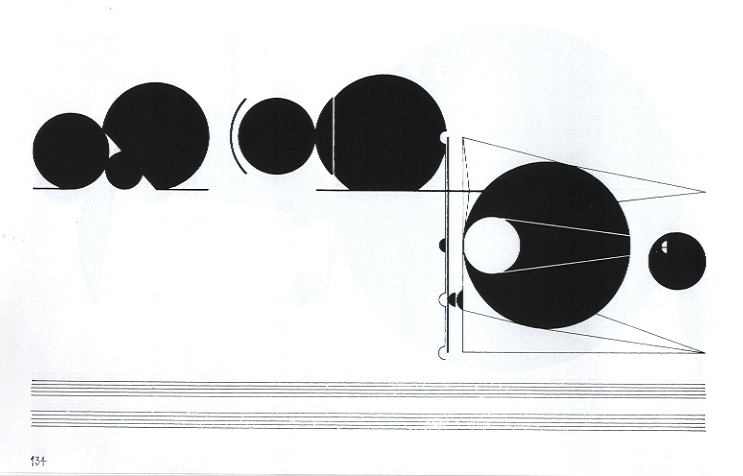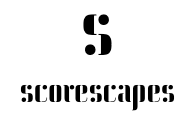project
BUBBEL SCORE SESSION # 9
9 March 2016
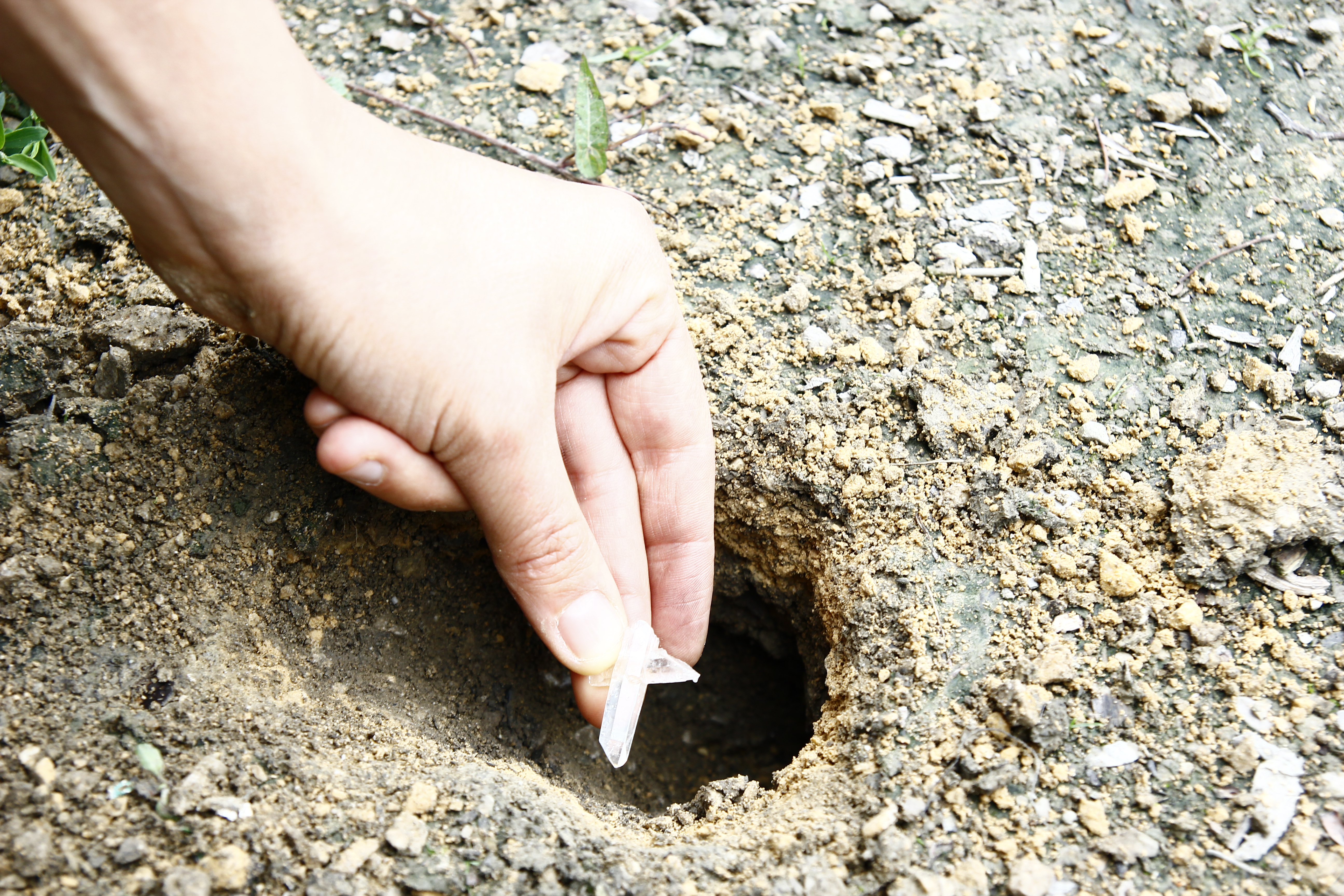
PARTICIPANTS
Sofia, Sana, Chris, Agnes, Mala, Aela, Varinia, Arianna, Isabel, Lili, Robin, Lilia
PERFORMANCES > QUESTIONS > ANSWERS
- Sofia > Sana > Lilia
- Sana > Lili > Mala
- Chris > Aela > Isabel
- Agnes > Sofia > Varinia
- Mala > Isabel > Chris
- Aela > Arianna > Agnes
- Varinia > Lilia > Sofia
- Arianna > Agnes > Aela
- Isabel > Mala > Robin
- Lili > Robin > Sana
- Robin > Cris > Arianna
- Lilia > Varinia > Lili
- Sofia > Sana > Lilia
Dear Sofia
I read your performance as an attempt to link the urban spaces to the surrounding environment, to where ever we are, to the air we breathe in, to what we feel, to the seen and the unseen, to the heard and the unheard.
It was a game with words to create vague images while the new perceptions require new words.
My question was about hope in a city. You shattered the city into pieces and installed each piece somewhere around. You created a new city which could exist anywhere: In our mind, in our heart, in our voice, in our memories…
Dear Lilia
Is there any possibility to create a new city through memories?
2) Sana > Lili > Mala
The pure image in your video, Sana, makes me feel I should get over or beyond it quickly to „see“ more, to see what´s behind it.
Instead I imagined being you on the other side. In one of the last week´s sessions I was moving around with a pullover over half of my face to replicate your framing in the video. As an audience I am constantly left to imagine the covered part of the image in your video, attempting to be you in my little experiment however doesn´t require from me to imagine any part of my environment except the environments´ own imaginations perhaps.
The „framing“ element, or the veil in between is different from the two perspectives –
which veils do you use that would be hard or impossible to remove because they are essential to your work?
A direction of the upper question that interests me even more is using a lack or absence of a certain veil/interface/disturbance…
3 Chris > Aela > Isabel
Hey Christian, Isabel,
sorry for my late question, I completely forgot the bubble score !
So this question will be an extract from a book I just read : Chaos-phonies, from jazz to noise, the coronation of Chaos. It is in French, so I’ll try to translate it.
“Divorce between singing and talking.
[…] the archaic cousin of Sapiens and Neanderthal, Homo Heildelbergensis (500 000 years ago…) was already physiologically able to sing (its anterior condylar canal was as large as the one of Homo-Sapiens allowing then a production and a control of the sound produced by the vocal cords. It was as sophisticated as what we do now, while talking). Some scientists developed a these from this discovery: an original musilanguage. A long way ago, we were singing-talking. According to this theory, we can see some remains of this musilanguage in tonal languages (such as Vietnamese), in which the note and the accent are as meaningful as the phoneme itself. Meaning that this divorce is posterior, it comes from separation of the singing task from the talking one. This separation would have appeared in a larger context of civilisation (to be civilised), and of controlling the body and its drives”
Do you think art is a way to find back what civilisation took away from us, from our animal instinct ? Could art be a way of rediscovering and so connecting to a more visceral being ?
Cheers,
Aela
4) Agnes > Sofia > Varinia
Each proposal has a life time, which in our times often goes from idea to realization, to than reverberation. Some proposals do not need long periods for their realization, staying more focused in the idea and reverberation parts (one example of this are the propositions of Ono in her book grapefruit and other American conceptual artists from that period). This is a particular mode of art production, nowadays questioned for its capacity of recuperation by late capitalism. How would you describe your most common mode of production? My question is a proposal: to reverse or change radically the order in which you usually produce for the bubble score. For example, if you go from idea to realization try to go the other way around.
5) Mala >Isabel > Christian
Hello dear Mala:
The practice that you proposed made me think of the Mapuche indigenous people, the original inhabitants of the south of Chile that have survived colonialism and now struggle transnational dictatorship. They conceive imagining and dreaming to go hand in hand. They believe that both are tools to reach the magic held in symbols and archetypes, or rather power tools in our ontological configuration that enable us to transform and transmute our 3d reality. They are also places of communication, of travelling, of reaching. The Mapuche Cosmo vision is mostly based in messages transmitted by the dead through a dream. For example: a medicine woman heals and also makes political decisions in a tribe (or community). This role is passed on through female blood lineage. If the last medicine woman alive dies leaving no descent behind, the community waits until an ancestor manifests in the dream of the matriarch. Usually a girl is pointed to be the next doctor but she needs overcoming a challenge. If she is able to eat a coin and through digestion transform it in a silver egg (that she shits), then she is the next medicine woman in her community and a celebration follows.
I read some words by Jeremy Taylor, Doctor in sacred Theology, that I would like to share with you:
“If I can convince you that the products of your imagination are worthless or trivial, then I can make you my slave. If I fail to persuade you that your imaginative life is substandard, and then no matter how much economic, social, or political oppression I put you under, you will never be entirely enslaved”.
My question to you is: Do you conceive dream as a tool for resistance?
Much love to you Mala from Isabella.
6) Aela > Arianna > Agnes
hi Aela and Agnes.
we were standing in a circle. we were part of something.
Then, something anomalous starts to happen.
heavy breathing, rooted movements coming from deep down the belly. A change in the facial expression.
Or, better: face stops existing. The face becomes just a part of the body as any other one.
We are not in the social anymore.
Words are spoken but it is their sound and their origin that matters. Not the meaning.
They are breaths and movements more than acts of communication.
It is perhaps when language stops making sense, because there is no need for sense anymore.
We assist to a phenomenon.
Among the definitions of this word, we have:
an extra-ordinary event
a freak
a wonder
when I was there, I stopped being part and I started witnessing.
It was a shift in perception as well as in position.
I could barely look anymore..
it made me feel as being present to a transformation..
A monster.
Then, going back to that feeling of being/becoming/witnessing the presence of a monster, my mind went to the figure of the bearded lady.
I remembered this picture:
I have always been fascinated by the social stigma on women having hairs, most notably facial hairs. To be socially accepted as being women means not to have a beard or mustache, for example.
But how comes?
..I would really like to have a beard.
what is it to be a monster?
7) Varinia > Lilia > Sofia
And, and – also also – and -what else what else -instead of the uni -only only -seems to me to be a fundamental entry into thinking and perceiving the world. It’s very evident that we are loosing the capacity of engaging with the other out of fear..
And then came the stillness that allows us to just be there, close to what is around one’s own body revealed or hidden experiences. The making of non-linear history, a history of invisibilities where the several collides. Take time!
The being there implies the expansion of empathy or the awareness of the complexity of things. We are social beings, no worries we are not made to be only or lonely. Attention is maybe the biggest capacity we have to listen to what is there to be able to communicate with what / whom we don’t know yet. And also what else? My wish is: could you design a travel we could follow to feel the space between us? A sort of contagion awareness that could just make that inherent empathy smile.
8) Arianna > Agnes > Aela
In my memory you are playing this card game called Concentration or Match Match. In your game the pair was not to be found on another card but in Varinia’s mind. The game slowly turned into a riddle. It seemed there was right answer, a goal, an expectation? I will pose my question together with a song
https://www.youtube.com/watch?v=_9XQw9iAl_Q
Tell us oh how do we
Catch a ghost in the
Dark
?
11 Isabel mala robin
12) Lilia > Varinia > Lili
Hi Lilia,
i read somewhere that the main reason why western culture appears as an oppressive force in the middle east, is because the notion of time in the middle east is circular, and that the notion of progress is not measured in terms of before and after as in the West. In the middle East progress means reinterpreting, reconsidering and being in a constant dialogue with the past. But also i read that even within Europe the meaning of time changes from country to country. For instance the south of Europe a date at 4 pm means that it is then that we start thinking to go to the meeting, while for a German that would mean that you are late. According to that article this because in the south of Europe time is measured not by the clock but by moments, so i wont think of the next moment until this one is over, so if i am having a really exiting conversation, the moment will be over when the exiting conversation is over, not before.
So we have minutes, circular time (maybe based on the rise and sunset), moments….if they give you the possibility of setting up your own measure of time, based on what would that be?
